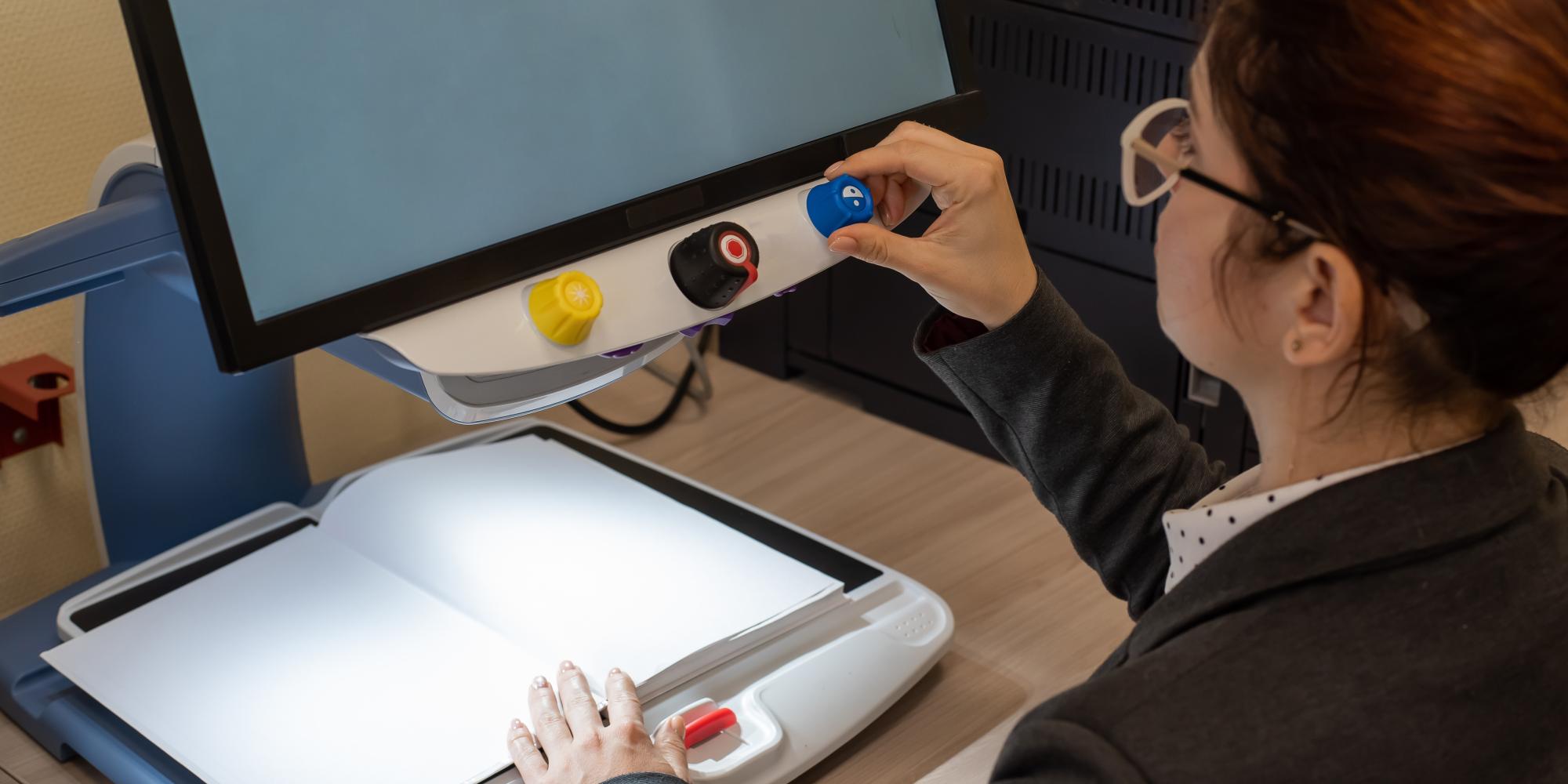Evidence Digest, Issue 6 - Focus Issue: Education
Evidence digest: disability-inclusive education in focus
SDDirect provides research, guidance, and technical support on disability inclusion in all aspects of policy and programming.
We also mainstream disability inclusion throughout our work to promote the ‘leave no one behind’ agenda and the ‘nothing about us, without us’ call from the disability rights movement.

An estimated 1.3 billion people, or 16% of the global population, have a disability. Despite this, people with disabilities have historically been overlooked in development and humanitarian policy and programming. Too often people with disabilities are denied their basic human rights, including access to education, employment and health services. The disability rights movement is advocating for change.
"…disability results from the interaction between persons with impairments and attitudinal and environmental barriers that hinders their full and effective participation in society, on an equal basis with others" - United Nations Convention on the Rights of Persons with Disabilities

SDDirect has extensive experience providing guidance on disability inclusion across sectors. Through the Disability Inclusive Development Helpdesk, we support the generation of a rigorous evidence base on ‘what works’ to deliver results for people with disabilities. The Helpdesk also provides technical and training support to ensure that data and evidence is used to drive further action and investment in disability inclusion.
We promote disability inclusion through our broader work, including our work on gender-based violence, infrastructure, safeguarding, and women’s economic empowerment.
We take a rights-based approach to disability inclusion and apply a gender and intersectionality lens in everything we do. Working with organisations of persons with disability (OPDs) is central to our approach and essential to promote the approach advocated by the disability rights movement: “nothing about us without us”.
We work to promote disability inclusion in our workplace and operations. SDDirect is a Disability Confident Employer, and we have an active Disability Inclusion Working Group that reports to our executive management team.
If you would like to hear more about our work on Disability Inclusion, please reach out to Rebekah Martin, Head of Disability Inclusion portfolio, rebekah.martin@sddirect.org.uk.
Evidence digest: disability-inclusive education in focus
In this query, the Disability Inclusion Helpdesk considered the factors affecting access to and uptake of family planning for women and girls with disabilities, and the good practice on increasing full free and informed contraceptive choice for women and girls with disabilities.
This digest lists the latest evidence on COVID-19 and disability inclusion published between November and March 2021.
This document provides guidance on how to incorporate disability inclusion within climate change programming in Iraq, Jordan, Lebanon, Occupied Palestinian Territories (OPTs), Syria, Turkey and Yemen.
This digest lists the latest evidence on COVID-19 and disability inclusion published between July and November 2020.
In this factsheet, the Disability Inclusion Helpdesk reviews disability rights in Morocco, Libya, Egypt, Tunisia and Algeria. It lists the considerations for engaging with DPOs in the region.
This briefing note provides guidance on how to incorporate disability inclusion within economic and governance reform projects.
This digest lists the latest evidence on COVID-19 and disability inclusion published between May and July 2020.
This Briefing Note provides guidance on how to achieve greater disability inclusion within trade and development policy and programming.
This paper provides an overview of disability inclusion considerations for adaptations to Ghana’s Livelihood Empowerment Against Poverty (LEAP) 2 social protection programme during the COVID-19 pandemic. It includes considerations for changing the payment mechanism from cash payments to mobile money as well as the necessary communications and monitoring of beneficiary feedback and safeguarding during the pandemic.

